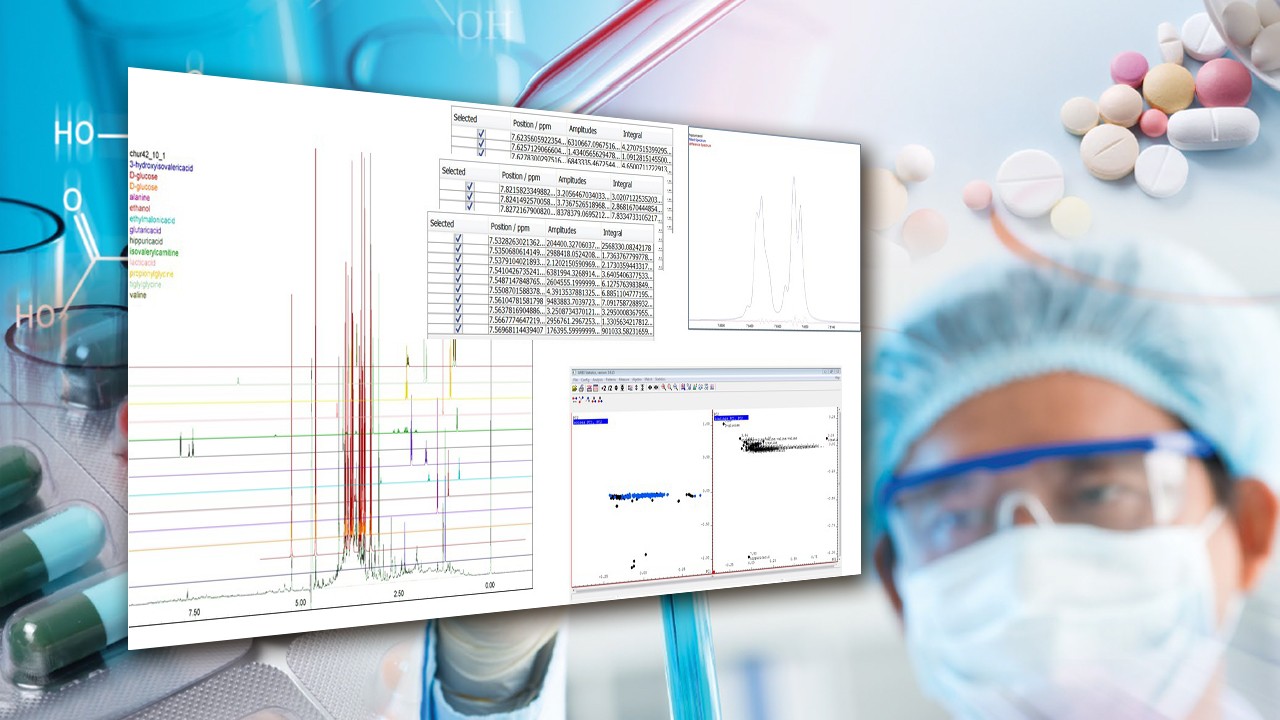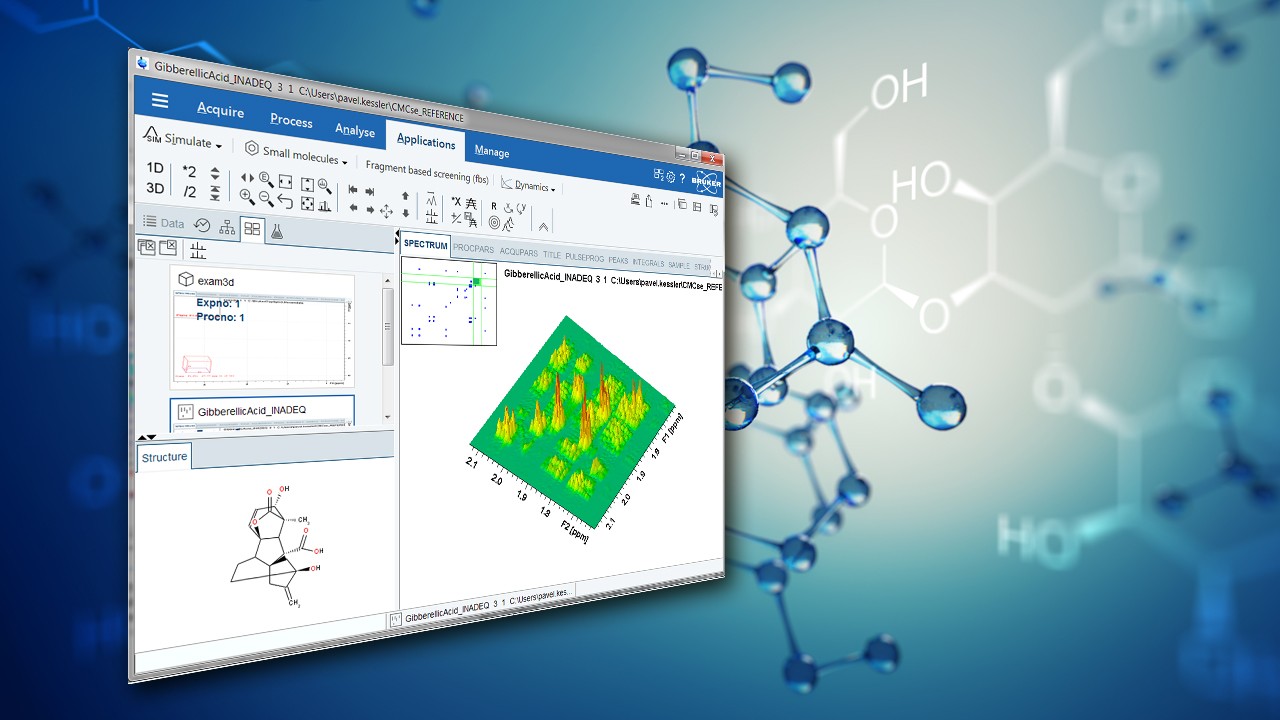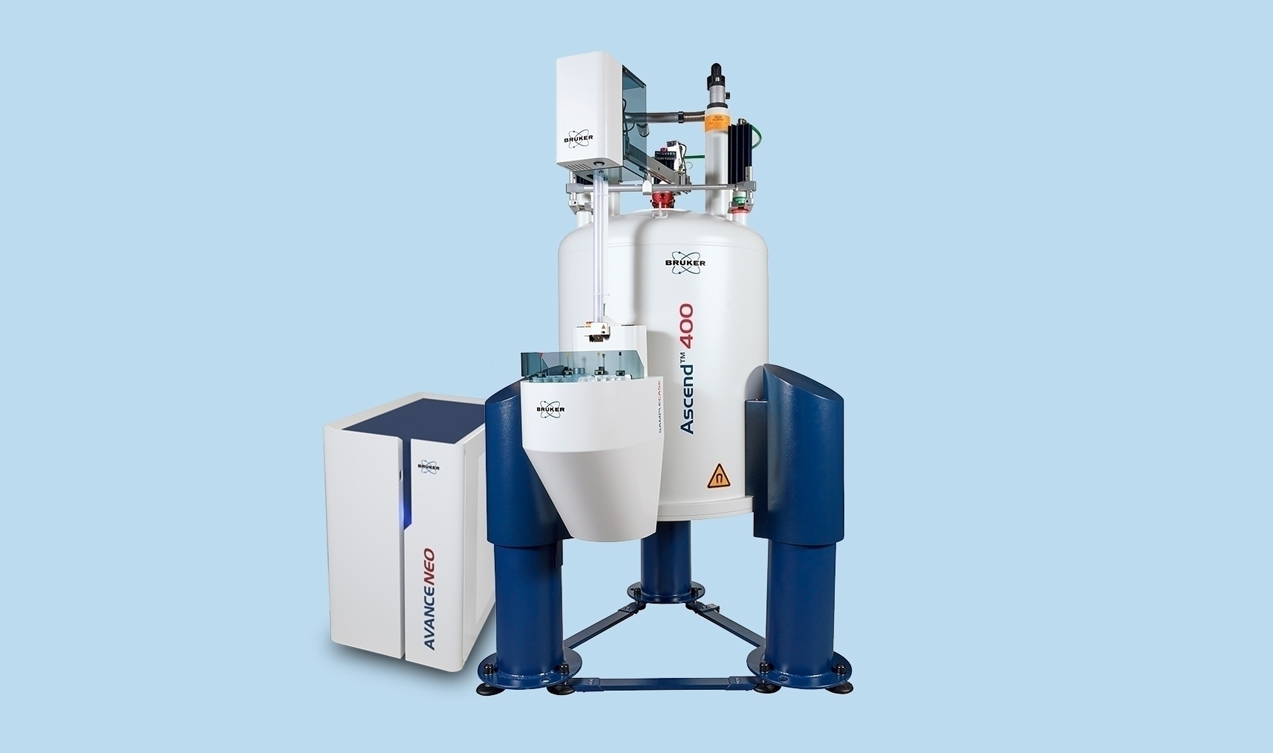

Achieving Dietary Supplements’ High Standards with NMR
An Educational Webinar
This was recorded on May 5, 2015
Button_View_the_webinar
Seminar Overview
The global nutraceutical market was estimated to be $140.1 billion US dollars in 2010. The dietary supplement (DS) natural health product (NHP) is part of this market however, the New York Attorney General recently banned many DS and NHP products in NY State because the products are allegedly failed to meet their label claims for botanical content. Consequently, consumers feel at risk and companies are losing money. Similar allegations have been made in Canada. Much of this problem lies in the premature use of unvalidated DNA barcoding technology for assessing identity and quality of the botanical supplements tested for compliance. DNA barcoding is an emerging technology and should not be used as the sole technology for the identification of pure unprocessed botanical ingredients. DNA technology cannot identify or quantify a finished formulated botanical product(s)’ active ingredients. This is because most natural herbal products are composed of phytochemical extracts and excipients that are not suitable for DNA barcoding. An analysis method fit for the purpose of botanical extracts, which contains no plant DNA, is needed.
Bruker BioSpin is deeply committed to delivering the world’s high standard method of quality and manufacturing control for DSa and NHPs with nuclear magnetic resonance (NMR) and metabolomics technology. This is a technology that along with conventional HPLC technologies is easily validated for identity and quality assurance of botanicals. Nuclear magnetic resonance (NMR) has several advantages in that it measures the absolute concentration of ingredients in products by measuring real chemical phenomena. NMR is a robust technology that is reproducible across institutions. With automated batch to batch product analyses, companies and regulators can be assured that best practice methods and quality standards are achieved. With NMR, patients and consumers can be certain their products contain the desired components in the expected quantity and conform to the product description.
Who should attend?
Managers, scientists and technicians who are responsible for the agriculture and quality control of dietary supplements and botanical material including:
- Dietary supplement producers
- Dietary supplement suppliers
- Regulatory agencies
- Analytical service providers
- Herbal product trade association representatives
- Clinical trial leaders
- Students considering careers in the dietary supplement trade
- Botanists
- Biologists
- Agricultural Scientists
Presenters
Kim Colson, Ph.D. – Business Development Manager – Bruker Biospin
Jonathan Ferrier, Ph.D. – Postdoctoral Fellow – University of Ottawa


